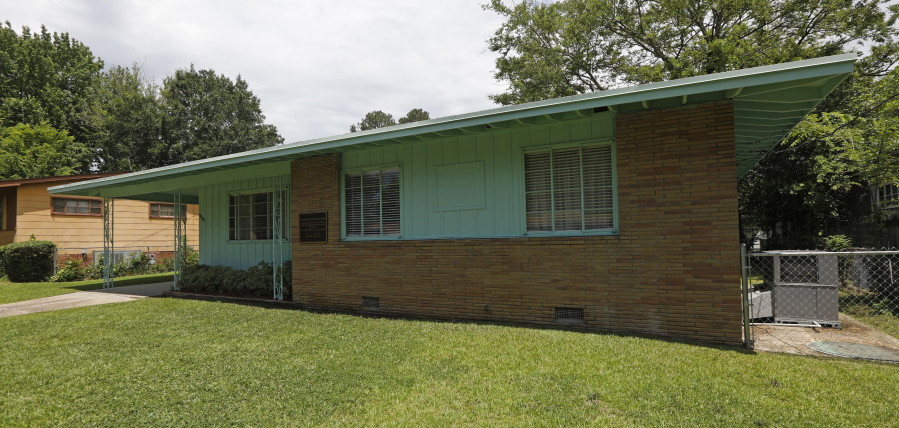The U.S. Senate on Tuesday passed a sprawling public-lands bill containing everything from a measure to give Seattle’s Nordic Museum a national designation to one that authorizes a multibillion-dollar Yakima Valley water project politicians here have coveted for years.
Sens. Maria Cantwell, a Democrat from Washington, and Lisa Murkowski, a Republican from Alaska, together introduced the bipartisan bill, which tallies more than 660 pages, promises to reshape public lands across the country and lines up politicians’ favored projects for federal support.
The bill would permanently preserve a pillar of conservation, the recently lapsed Land and Water Conservation Fund, and also make changes that Cantwell said will help the Northwest, and the rest of the country, prepare for climate change.
If also approved by the House, the bill would represent a rare, bipartisan compromise that celebrates and bolsters some public lands — for hunting and hiking and conservation — but also recognizes the difficulties those lands face as the climate and environment change.
In addition to the LWCF and the Nordic Museum’s designation, many of the measures would affect Washington, including legislative language that would:
• Prevent new mining activities on some 340,000 acres of federal land in the Methow Valley.
• Authorize federal involvement for the first 10 years of the Yakima River Basin Integrated Water Resource Management Plan.
• Create a volcano early warning system with a 24/7 national volcano watch office.
• Create programs to explore new technologies for fighting wildfire, like drones and GPS tracking.
• Facilitate construction of target-shooting facilities on federal lands.
LWCF
Considered a foundational piece of conservation policy, the LWCF was created in 1964 as a program that takes revenue from oil and gas royalties and directs them toward a fund that gives grants to federal, state and local conservation projects.
“It’s one of the most important federal programs to protect treasured and iconic places,” said Nick Norton, of the Washington Association of Land Trusts, who said Washington has received more than $600 million since the program’s founding.
But in recent years, when the program has come up twice for reauthorization, it’s been a politically turbulent process.
Cantwell and Murkowski’s bill would permanently authorize the LWCF, whose matching funds are often “the missing piece to the puzzle” for local conservation projects, according to Norton.
Methow mining
Since a Canadian mining company in 2014 filed for an exploratory drilling permit on Flagg mountain near Mazama, Okanogan County, community members in the Methow Valley have been organizing and pushing Congress to remove some 340,000 acres of land in the valley from consideration for new mining projects.
The community members are concerned about water quality in the Methow River and its tributary streams, said Maggie Coon, a leader of the Methow Headwaters campaign, which organized opposition to possible mining activity.
Yakima project
For years, Cantwell has been pitching her Senate colleagues on a plan to reshape the Yakima basin watershed, which provides for both fish and farmers. This bill might seal the deal.
In the West, where disputes over water rights are often bitter, nail-dragging battles, Cantwell and other proponents see the Yakima plan as a new approach where stakeholders typically at odds with one another are able to work together instead of resorting to messy and unproductive legal fights.



